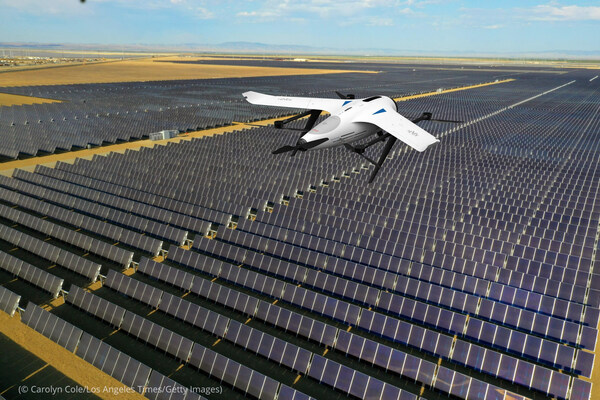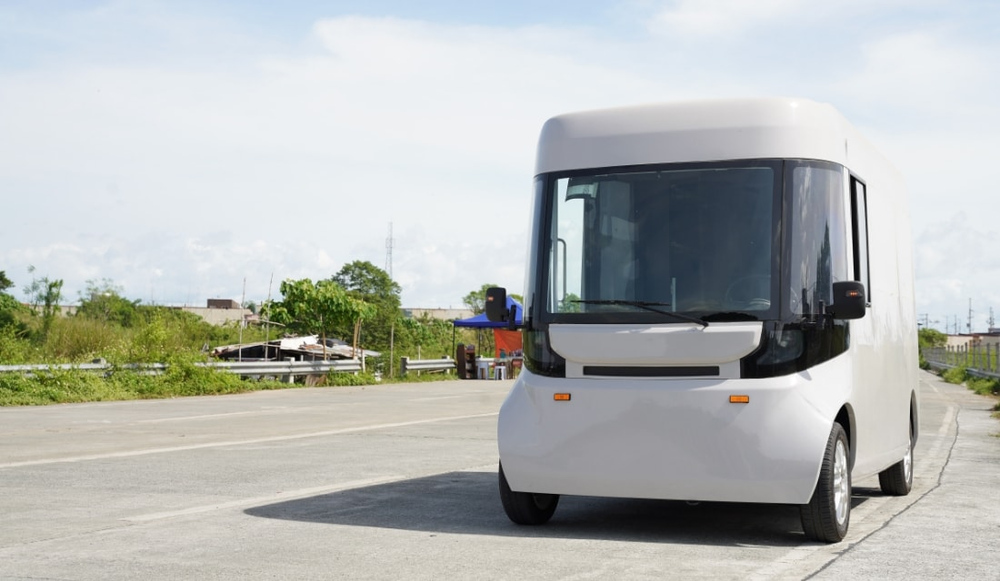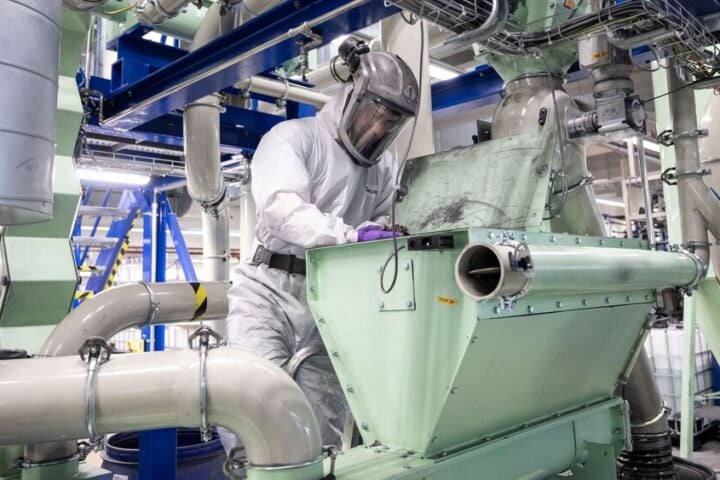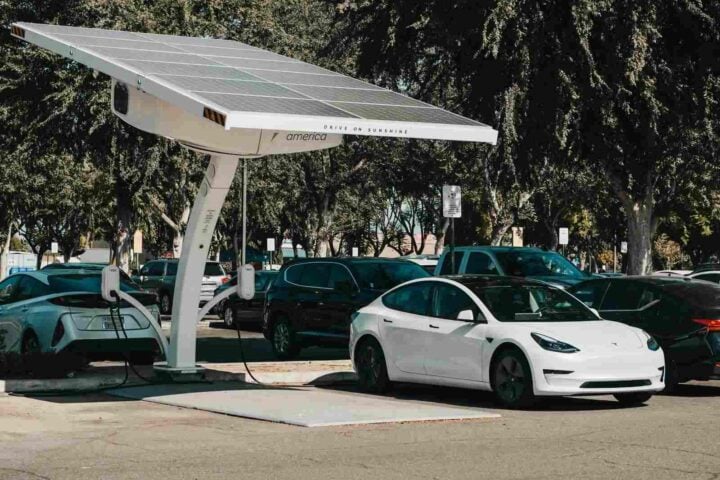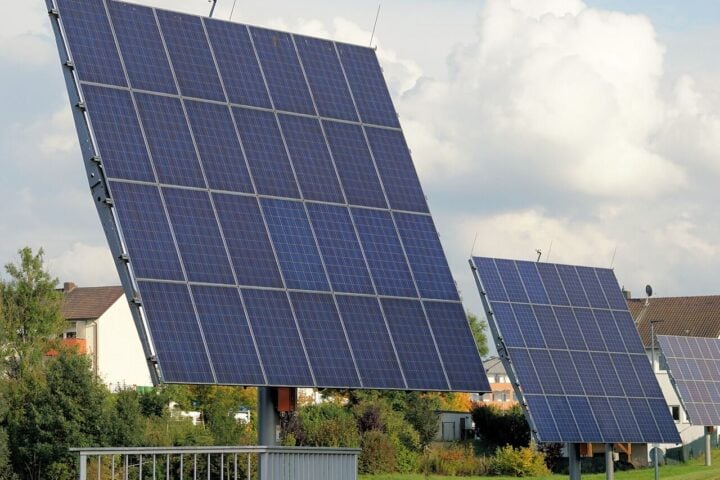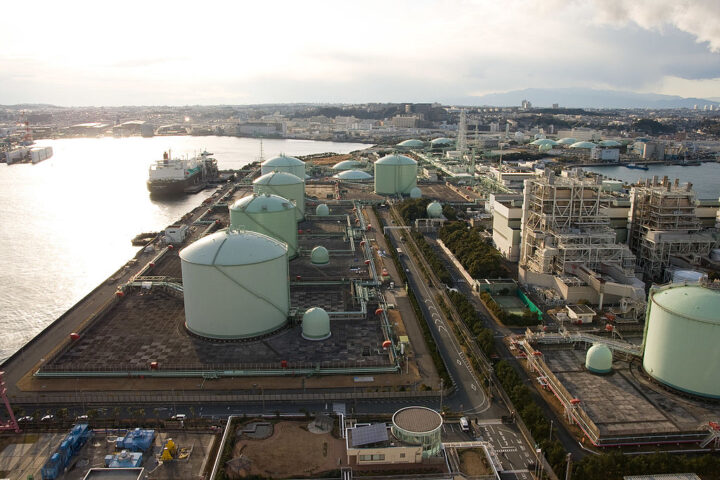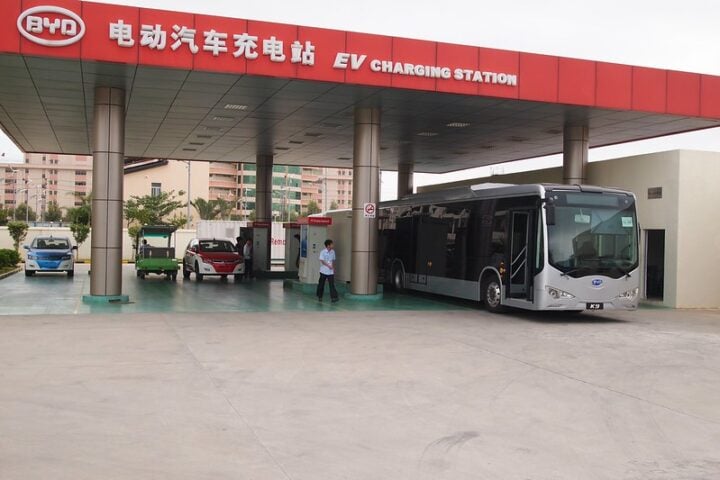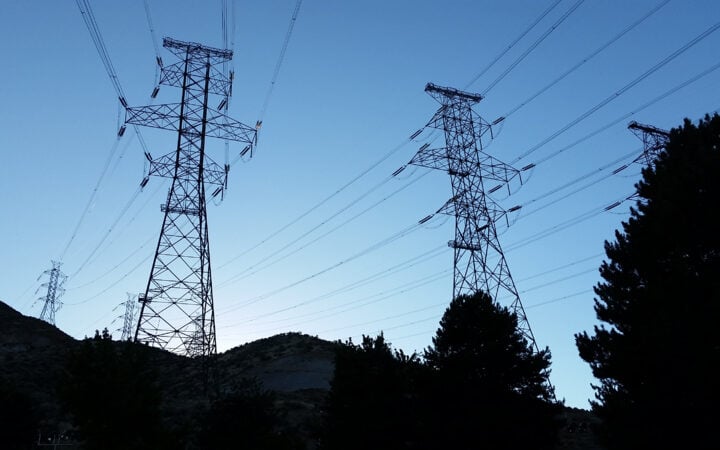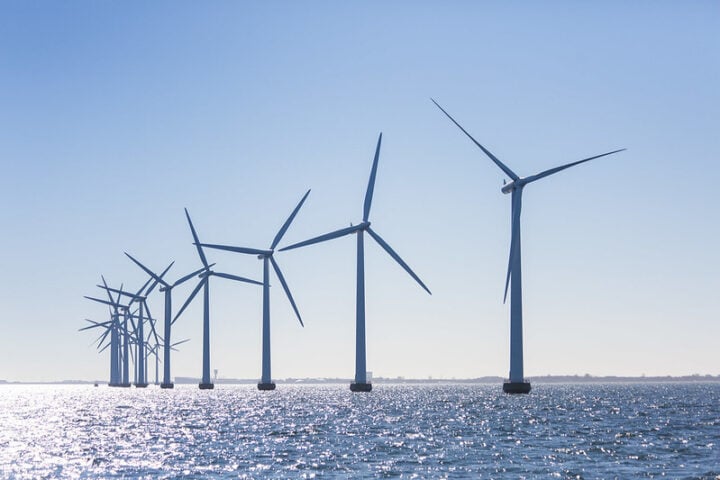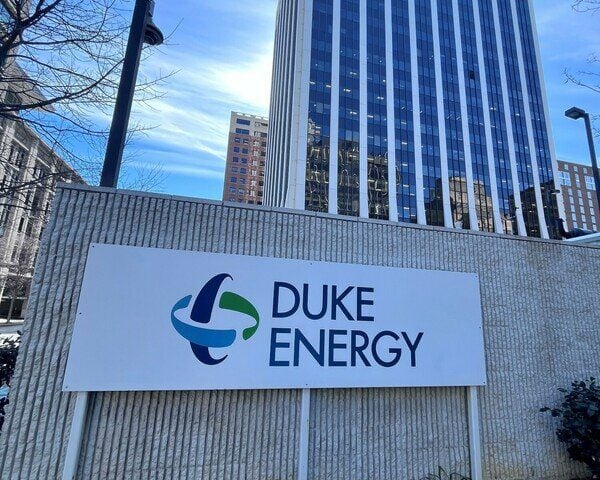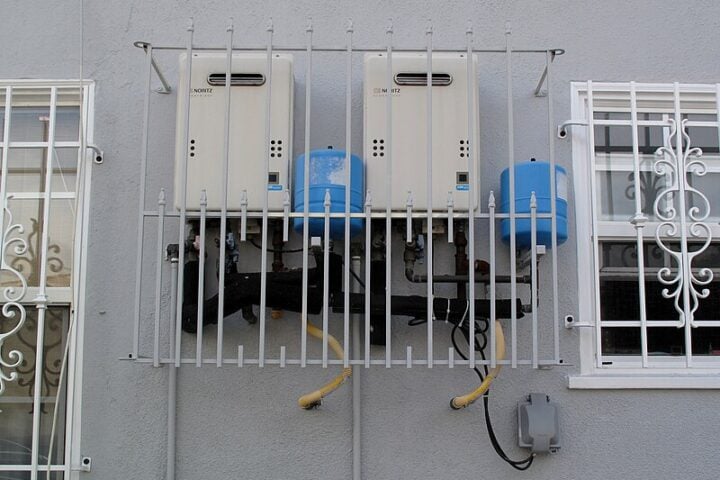HevenDrones’ new H2D200 Series, announced at the Monaco Hydrogen Forum, is a leap in hydrogen-powered drone tech. These drones, including models H2D200 and H2D250, tackle previous power source issues like limited flight endurance and maintenance costs associated with Lithium Polymer batteries. The H2D200 offers a range of 510 kilometers and a 4-hour flight time, while the larger H2D250 boasts a range of 750 kilometers and 8 hours of flight time, targeting advanced logistics missions.
Hydrogen power is a clean energy source, producing only water when consumed as fuel. It’s been powering space exploration for over 50 years, but its use on Earth has been limited, mainly in processing industries rather than as a primary energy source. Hydrogen fuel cells, offering an alternative to traditional batteries, can be domestically produced, reducing the environmental impact.
Similar Posts
HevenDrones CEO Bentzion Levinson sees these drones as more than just tech upgrades. They’re a step towards smarter skies, powered by AI and clean hydrogen fuel. “We are at a pivotal moment in the drone industry. The H2D200 Series represents not only a leap forward in drone technology but also a testament to our commitment to building a smarter ecosystem in the skies using the full power and potential of AI,” Levinson said, focusing on a future where drones are more efficient and environmentally friendly.
However, challenges remain. Hydrogen fuel cells are costly and lack an established refueling infrastructure. Careful storage and transport are necessary, as hydrogen leaks can contribute to climate change. Despite these obstacles, drones emerge as a promising sector for hydrogen fuel use. They require less hydrogen compared to larger vehicles, making them ideal for demonstrating the efficiency of hydrogen fuel cells. Their ability to carry larger payloads due to the energy-dense nature of hydrogen cells adds to their appeal in the drone industry.
Furthermore, the drone sector can contribute to the development of cleaner hydrogen production and distribution infrastructure. Drones are already impacting various industries like transportation of goods, maintenance, inspection, and security. By integrating hydrogen fuel cells, they can further influence the energy sector and pave the way for broader uses of hydrogen power.
